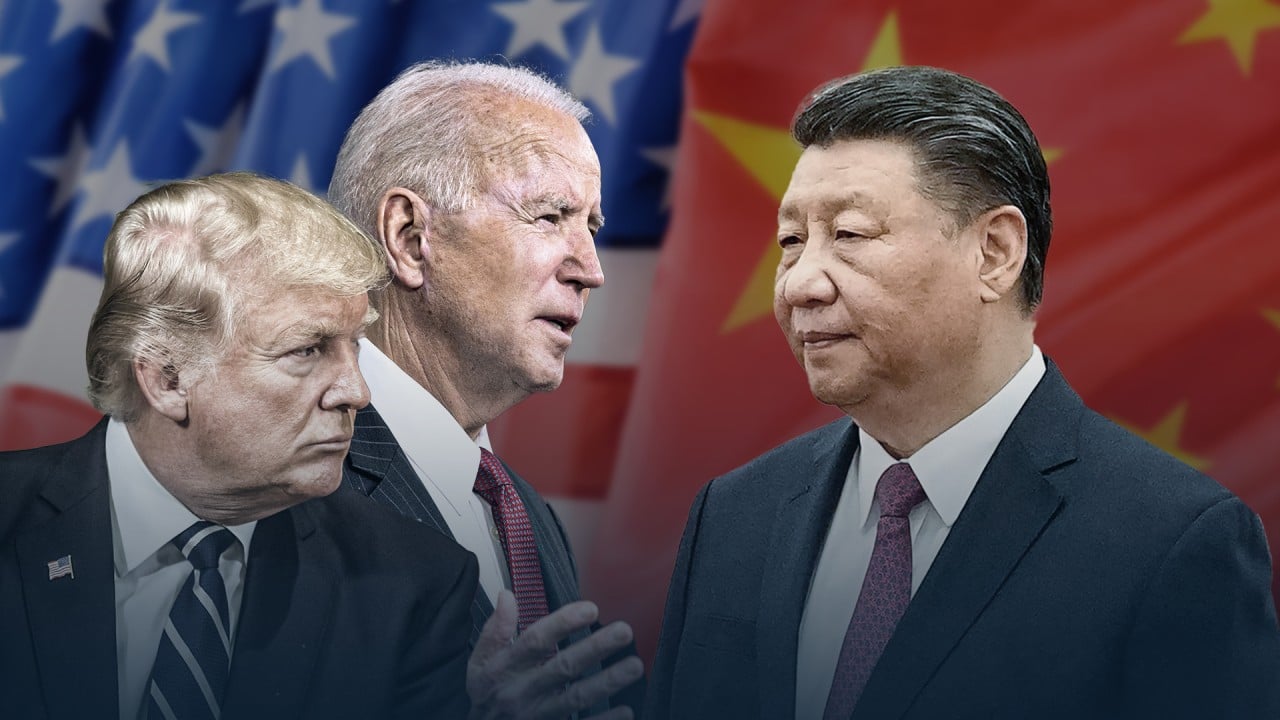
PC maker HP stresses commitment to China as it seeks to diversify manufacturing to Thailand, Mexico
- The world’s No 2 computer maker said it remains committed to its 20,000 square metre facility in Chongqing, as China is an important part of its supply chain
- HP is planning to start making laptops in Thailand and Mexico this year and in Vietnam next year, Nikkei Asia reported this week
The California-based company, formerly known as Hewlett Packard, is planning to shift production of millions of consumer and commercial laptops to Thailand and Mexico this year in the “first substantial move” to diversify its supply chain, according to a Nikkei Asia report on Tuesday, citing people familiar with the matter.
“China is a very important part of our global supply chain and we remain deeply committed to our operations in Chongqing,” HP said in an emailed response to the Nikkei report, referring to the 20,000 square metre facility it has been operating in southwestern China since 2010.
HP also said it is always looking to “improve the resiliency” of the global supply chain. “One of the key lessons of the past three years is the need to have added flexibility, and a growing number of customers are demanding multi-source production.”
HP, which entered the Chinese market in 1985, is one of a growing list of American businesses seeking to cut reliance on China amid rising geopolitical tensions with the US and after supply chain disruptions caused by the Covid-19 pandemic.
Dell, the world’s third-largest PC vendor by shipments, has decided to stop using China-made semiconductors by 2024 and may move about 50 per cent of its production out of the country by 2025. Apple is also relocating some production to places like Vietnam and India.
HP will “shift certain production to alternate locations to create flexibility and mitigate risks”, the company said in a blog post on its website on Monday. That includes the addition last year of PC production in Mexico to build a “long-time manufacturing presence”, expanding manufacturing activity in India to support the country’s Digital India initiative, as well as establishing manufacturing operations in Singapore, Malaysia and Thailand as part of efforts to expand across Southeast Asia.
Still, China remains an important production base for multinational companies owing to the concentration of supplies and talent, along with the large consumer market.
HP said in its Wednesday statement that it sees “significant opportunities” to grow its business in China, adding that it recently opened a new research and development centre in Chongqing focused on developing computing innovations for customers.
In the second quarter this year, global PC shipments declined 15 per cent year on year, but rose 8 per cent over the previous quarter in an early sign of market stabilisation, according to research firm Counterpoint.
HP has weathered the market decline better than most. Its shipments, which fell just 1 per cent to 13.3 million units last quarter, were buttressed by selling excess inventory and a slight bump in Chromebook sales. It was the best performing Windows PC maker for the quarter, being beat out only by Apple, which saw shipments climb 8 per cent to 5.5 million units.
Lenovo retained its leading position despite shipments falling 18 per cent to 14.2 million units for the quarter, according to Counterpoint.


